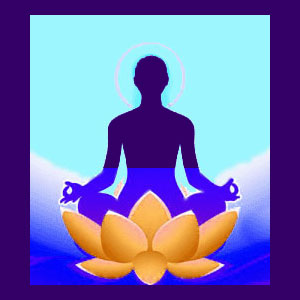
Holistic medicine consists of many healing arts and sciences all sharing the same goal of treating the entire person, not just any obvious injury or disease. Traditional medical science actively assesses and cures injuries and disease processes directly, while holistic therapies uncover the physical, mental, emotional and spiritual factors which may contribute to injury and disease either directly or indirectly. Basically, the philosophy behind holistic care is one of complete and all encompassing healthcare… mind, body and spirit. In essence, holistic treatment expands to focus on the big picture of general health, while modern medical care is overly-compartmentalized and focuses too closely on the problem at hand, rather than fixing the underlying causes of said problem.
This discussion takes a fresh approach to holistic medicine and explains the practice in a way that everyone can understand.
Types of Holistic Medicine
There are many healing arts which can be deemed to be holistic and in fact, when applied properly, almost any curative art or science, including traditional medicine, can become a key component of holistic care.
Very few healers take a completely holistic approach to care, although many use a partially holistic philosophy. For example… An acupuncturist is likely to seek out defects and imbalances in the general health and constitution of a sick person, instead of simply treating the obvious pain. This practitioner will seek to improve the overall health, thereby allowing the body to fight off the disease process naturally. However, many partially holistic care providers stop short of addressing potentially sensitive mental and emotional issues which can certainly be partially or wholly responsible for the creation of symptoms. A full holistic approach uses an exhaustive diagnostic process to uncover suspected deficiencies in the mind, body and emotional well being of the affected individual.
Holistic Medicine and Back Pain
If back pain were treated with a completely holistic approach, there would be far less patients suffering with chronic symptoms. This is surely explained by the overwhelming variety of psychosomatic pain syndromes which ravage people for years and are never accurately diagnosed by the very limited care provided by traditional medicine.
If the psychological realm was given even a fraction of the attention paid to the anatomical realm in the healthcare business, the epidemic of back pain would surely be a thing of the past.
It is vital to remember that even the most structurally-based symptoms have psychological components to the expression. The mindset of the patient can improve or exacerbate suffering from any health crisis. This is a facet of care not commonly even considered, forget about acted upon.
Holistic Healthcare Summation
Unfortunately, many holistic practices have ceased to exist, due to the huge time and effort a caregiver must use to thoroughly examine and evaluate a suffering patient. Additionally, many people are simply not open to the idea that their mental and emotional states play any role in the causation and cure of every disease process. This is no surprise; since the Cartesian philosophy embraced by modern medicine has downplayed the role of the mind and spirit in the creation of physical pain, despite undeniable evidence of the contrary. It is indeed a shame!
If you are a patient with an unresponsive chronic pain syndrome, I urge you to consider treating your entire being… mind, body and spirit. You might just find that your very physical pain has an intangible and undiscovered psychoemotional cause, contributor, exacerbator or perpetuator behind it after all.
Back Pain > Alternative Medicine for Back Pain > Holistic Medicine




